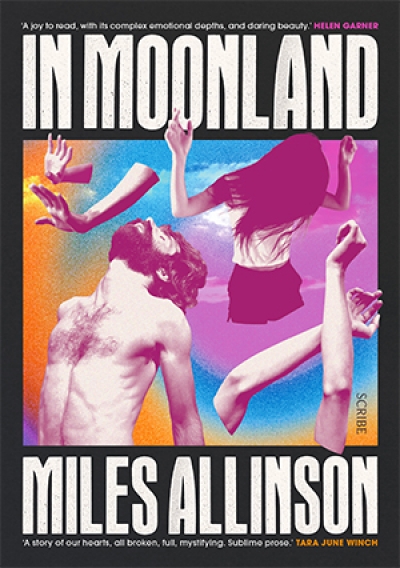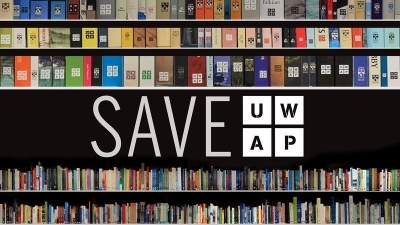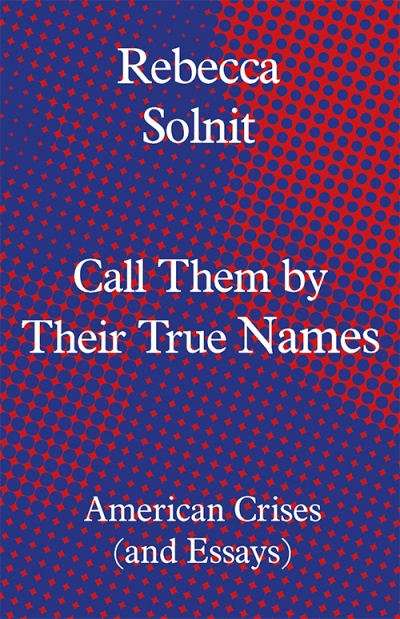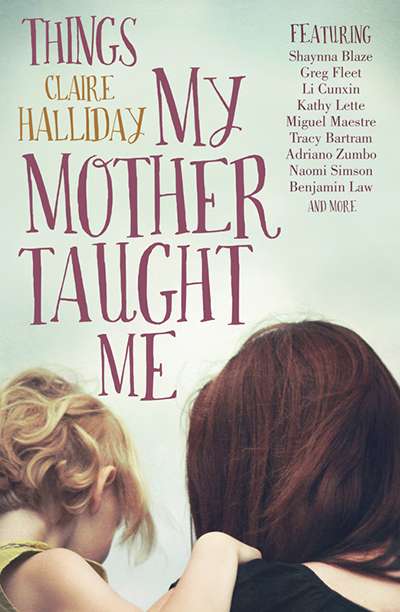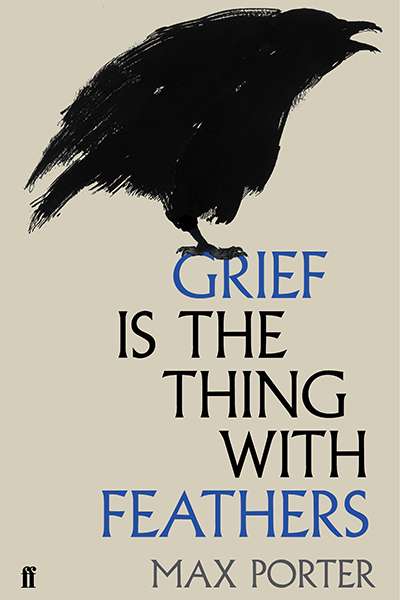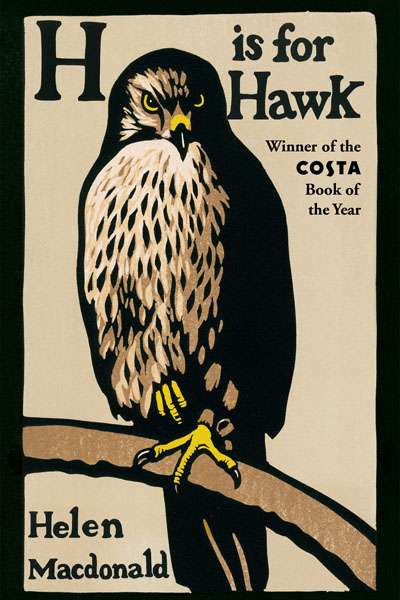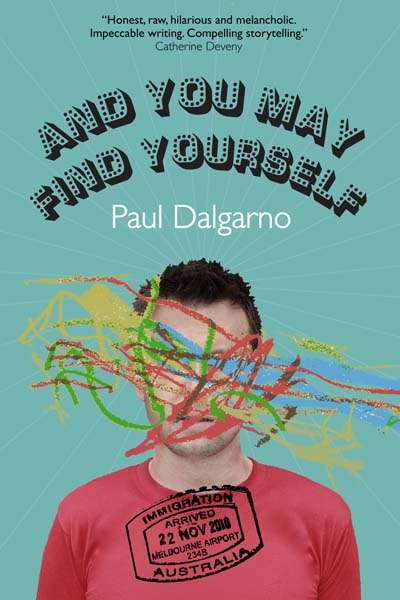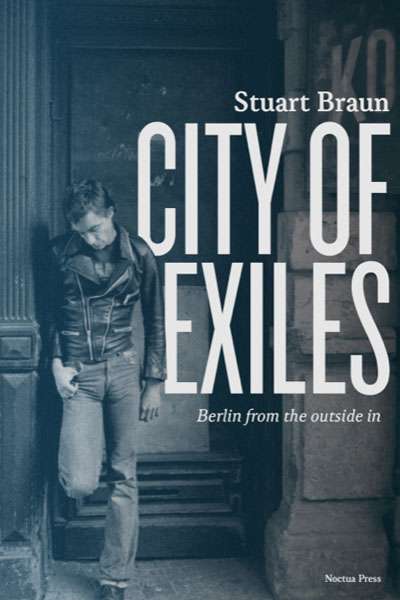Daniel Juckes
Sometimes Western Australia feels a long way from anywhere. Of course, that can be an attraction. It makes for something distinct and telling: everyone either revels in it or rebels against it, and both are productive in their own way. But now we must resist. The University of Western Australia’s recent decision to close UWA Publishing (at least in its present form) has made the gap between here and the rest of the country yawn. Western Australians need support from other literary communities across Australia if UWAP is to be reinstated.
... (read more)Call Them by Their True Names: American crises (and essays) by Rebecca Solnit
by Daniel Juckes •
City of Exiles: Berlin from the Outside In by Stuart Braun
by Daniel Juckes •

